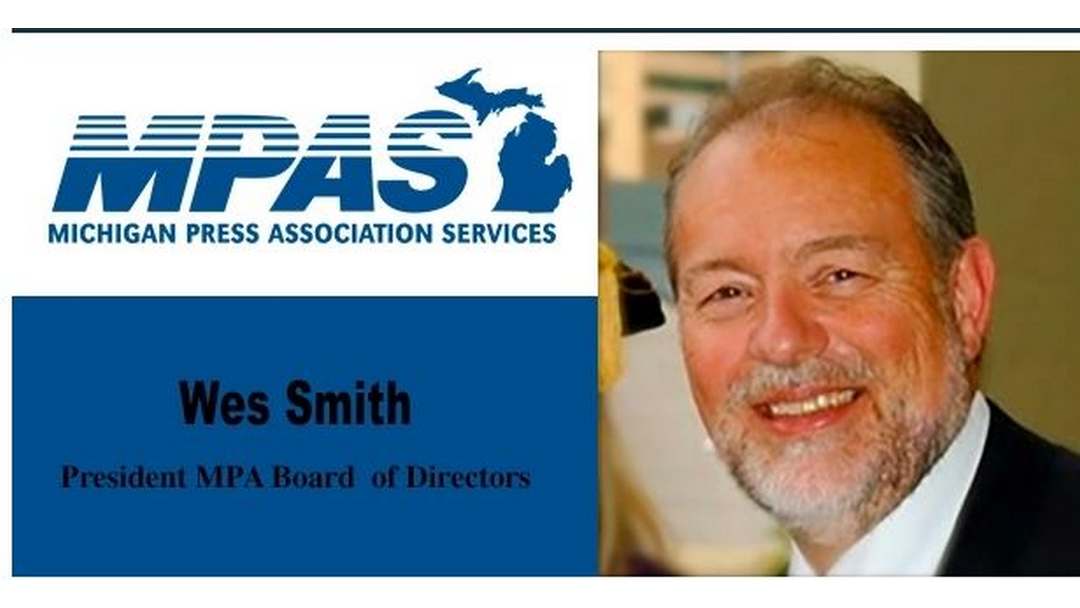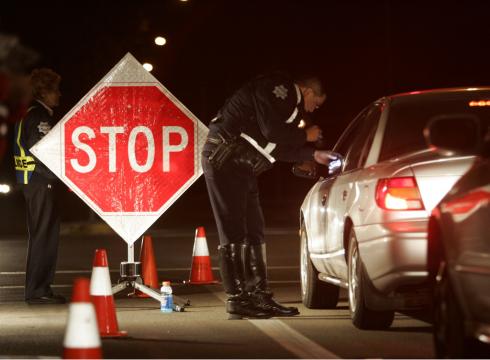by Wes Smith, president, MPA Board of Directors
Publisher View Newspaper Group
When there was a change in leadership in Michigan’s legislature earlier this year, hope rose again in the hearts of citizens who want a more transparent state government.
Maybe, it was thought by those citizens, the time has finally come for Michigan to join almost every other state in expecting their legislature and Governor to be subject to our open records law. Maybe, they thought, adding hope upon hope, new laws would be passed requiring other government officials to respond to records requests in a timely manner without outrageous fees. But, alas, it’s nearly November and there has not been even a small ray of sunshine in our state house or governor’s mansion.

Michigan remains at the bottom of the bottom for government openness among the fifty states. The Center for Public Integrity gave the Great Lakes State an “F” grade in 2015. In 2020 Michigan ranked 47th out of 50 for anti-corruption measures for public officials according to the Coalition for Integrity.
News reports of former House Speaker Johnson convicted of accepting bribes and Inkster Mayor Wimberly indicted on bribery charges, along with numerous other accounts of unethical behavior on the part of elected officials in our state, illustrate the importance of openness and transparency in government.
In 2022 Michigan voters overwhelmingly supported a ballot initiative to require state elected officials to provide financial disclosure statements. In a recent study, done on behalf of the Michigan Press Association, there was more data showing Michigan voters want more information about what their elected officials are doing. Nearly 9 out of 10 Michigan adults believe that taxpayers should have access to the meeting calendars of state representatives and their correspondence with outside organizations as well as the budgets of these office holders.
Read the rest here at LegalNews
“When you got something to hide… You got something to hide” DW
Copy, Paste, Legislate beta
Do you know if a bill introduced in your statehouse — it might govern who can fix your shattered iPhone screen or whether you can still sue a pedophile priest years later — was actually written by your elected lawmakers? Use this new tool to find out.
Spoiler alert The answer may well be no.
Thousands of pieces of “model legislation” are drafted each year by business organizations and special interest groups and distributed to state lawmakers for introduction.
These copycat bills influence policymaking across the nation, state by state, often with little scrutiny.
This news application was developed by the Center for Public Integrity, part of a year-long collaboration with USA TODAY and the Arizona Republic to bring the practice into the light.
More Posts

Drug Checkpoints: Unconstitutional
By Michael Komorn The Supreme Court ruled in City of Indianapolis V. Edmund that drug check points are unconstitutional. So what happens when you see one on the highway? Keep calm and carry on. Police, especially in the Mid-west, have been using drug check points as a...

Knowing When to Exercise Your Rights
Remember, even if you are doing nothing wrong, there are a number of different outcomes that can occur from a police encounter. The short list includes: 1) No action, no problems; 2) A warning or citation; 3) An arrest and/or criminal charges. Exercising your rights...

Why Police Lie Under Oath
Thousands of people plead guilty to crimes every year in the United States because they know that the odds of a jury’s believing their word over a police officer’s are slim to none. As a juror, whom are you likely to believe: the alleged criminal in an orange jumpsuit...

What Did I Just Get Charged With?
Below is a list of common drug offenses as defined by the State of Michigan. If it is your second offense, it is important you read statute 333.7413 below. 333.7413 Conviction of second or subsequent violation; penalty....








